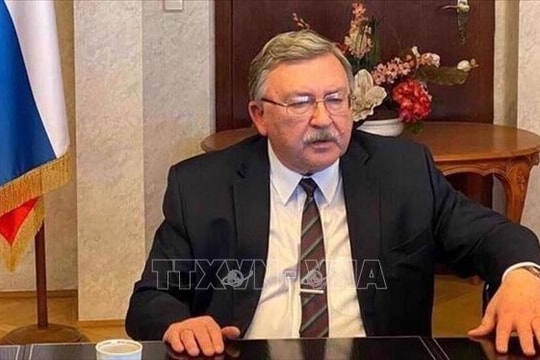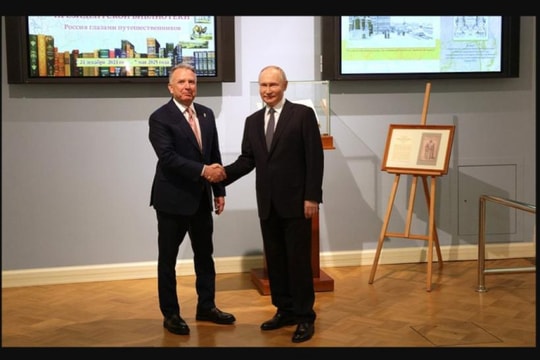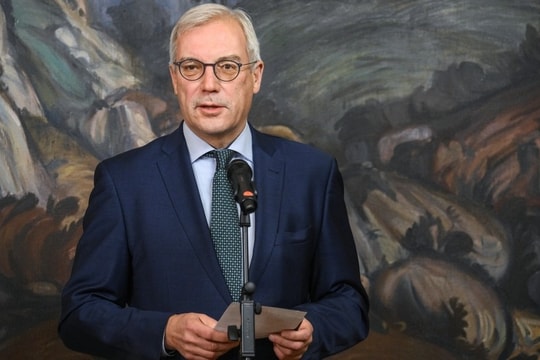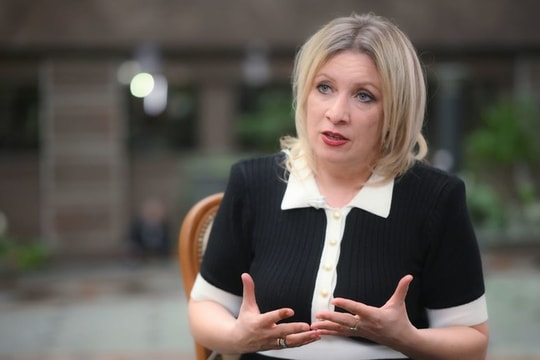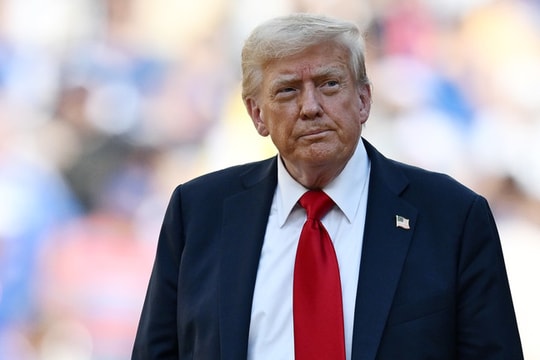Donald Trump's Difficult Start
The first days of US President Donald Trump's administration are being tested by difficulties in both foreign and domestic affairs.
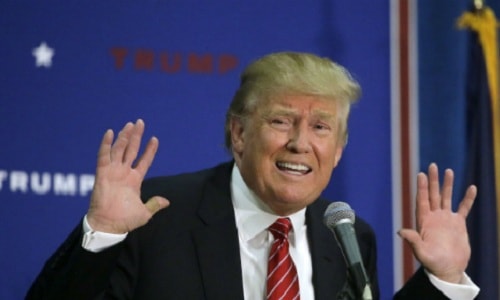 |
After a relatively calm first week in office, US President Donald Trump is facing a series of problems in both foreign and domestic affairs that could test his will, according to AFP.
In foreign affairs, Mr. Trump is facing experimental and probing moves from two major rivals, Russia and Iran.
Commentator Andrew Beatty commented that on the surface, Iran's recent ballistic missile test and the separatists' deeper incursion into Ukraine, backed by Russia, have nothing to do with the new US President, but in reality, these are both actions aimed at testing the will of the White House owner.
While the world is still unclear about Mr. Trump's stance on international issues, Tehran and Moscow seem to have decided to find out.
Since an hour-long phone call between US President Donald Trump and his Russian counterpart Vladimir Putin in late January, violence has increased significantly around the Ukrainian industrial hub of Avdiivka.
During former President Barack Obama's tenure, the White House often immediately condemned and called on Russia and its allies to return to ceasefire agreements, as well as take moves to support Kiev or sanction Moscow.
But during the four days of escalating violence, Mr. Trump, fresh out of the White House, did not make any comments. Instead, four days later, White House spokesman Sean Spicer said that the President was “paying attention” to the situation in the area.
In addition, Iranian Defense Minister Hossein Dehghan's admission that the country had just tested a ballistic missile also posed a serious challenge to the US President.
During the election campaign, Mr. Trump took a tough stance on Iran, vowing to stop Tehran's missile program and cancel the nuclear agreement signed with the country. Now, Iran's somewhat provocative move has forced Mr. Trump to take appropriate action.
Trump's national security adviser Michael Flynn said the new US administration had responded by "officially putting Iran on notice".
But the meaning of the phrase “attention” is unclear. And Washington is likely to have difficulty calling for sanctions on Tehran, as any tough move from the US would affect the burgeoning relationship between Mr Trump and Mr Putin.
In addition, expert Harry J. Kazianis of the National Interest commented that in addition to Russia and Iran, China could also take advantage of this opportunity to deploy its strategic moves. China has a habit of testing the reactions of new US presidents in the past and this is the best opportunity for a similar action with the Trump administration.
If Beijing wants to test Trump’s response on issues of core interests and territorial borders, establishing an air defense identification zone (ADIZ) over the South China Sea could be an appropriate measure to test the gap between the new US president’s words and actions.
Protest at airport against Trump's anti-immigration order
In the domestic field, Figaro newspaper on February 6 commented that the temporary suspension of the immigration ban on citizens of seven major Muslim countries by a judge was Mr. Trump's first major failure as US president.
This decree, along with the decree to build a wall along the border with Mexico, has caused Mr. Trump's approval rating after two weeks in office to only stop at 44%, the lowest level ever compared to his predecessors.
""Imposing an entry ban on refugees from Syria and visitors from seven countries that are themselves victims of Islamic terrorism is a bad policy. This policy does little to protect the United States and in fact puts American lives in greater danger," said expert Jacob N. Shapiro of Princeton University, UK.
According to VNE

